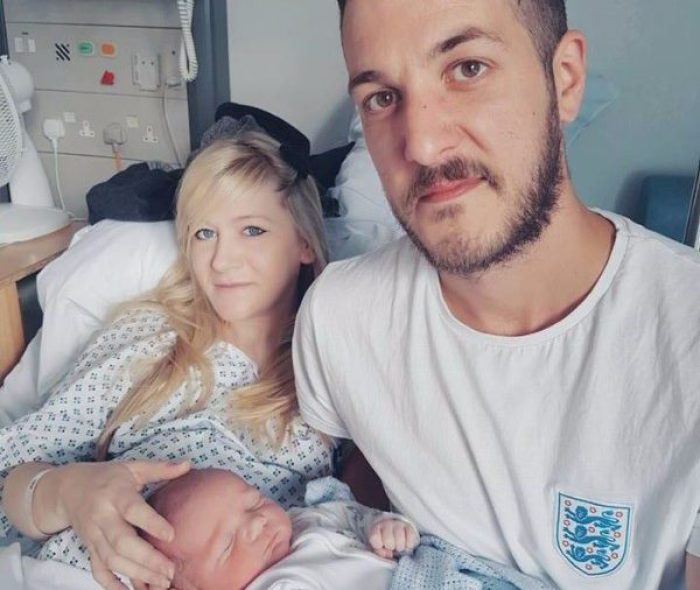UK's 'Compassionate' Socialized Medicine Wants to Kill Charlie Gard

On August 4 of last year, a perfectly healthy baby boy named Charlie Gard was born in the UK. Eight weeks later, his mom noticed something was wrong. When she took him to the doctor, her son became only the 16th person in the world to be diagnosed with a particular genetic disorder that leads to muscle weakness and brain damage.
Realizing that the socialized national healthcare system in Britain limited their treatment options, Charlie's mom found an American doctor who was willing to offer her son a trial procedure to save him.

By April 2 of this year, Charlie's parents had raised enough money through donations from people around the world to fly him by air ambulance to the United States and cover all costs of his care. But nine days later, the British High Court ruled that Charlie's parents would not be permitted to take Charlie out of the country. They also ruled that the British doctors were permitted to turn off Charlie's life-support machines, killing him.
In late May, an appeals court upheld the High Court opinion that kept Charlie locked in the British system causing his distraught mother to plead, "How can they do this to us?" The European Court of Human Rights refused to intervene in the case on June 27, extinguishing what they believed was their final hope.
Since that time, prolific media attention has delayed the termination of Charlie's life and his parents continue to sleep beside him, helplessly holding his little hands.
If you are a parent, it is impossible to come away from this story without feeling the two powerful emotions of sorrow and rage. But it's crucial that all Americans look beyond our visceral reactions and consider the cautionary tale this case offers regarding the direction of American healthcare.
There's a reason that Charlie's parents turned to the United States for their last hope of experimental treatment. There's a reason why, when all other options had been exhausted, when all the other industrialized, first-world nations had been considered, that the only one that offered hope to Charlie's parents was America.
Not Norway, Denmark, Canada, or Australia. The United States boasts unsurpassed medical advances, technologies, and experimental treatments precisely because it has not been government-monopolized healthcare. The government didn't determine costs of care, the market did. The government didn't determine the training of doctors, the market did. The government didn't determine what procedures and therapies can be provided, the market did.
It's true that in a market system some of the most experimental and rare drugs are remarkably expensive. But at least they are offered. Charlie's parents didn't have the money to pay for them – but others crowd-funded and helped them raise it. That's the very definition of compassion, which is what American politicians pushing for a British style government-monopolized healthcare system pretend to believe in. But not even offering the possibility of the procedure is the least compassionate thing you can do.
If you doubt that, look at the tear-stained faces of Charlie Gard's parents as they brushed his tiny face in between the ventilator tubes.
It's important to recognize why the British system did not offer the experimental treatment he needed. Because there are only 16 people in the world that have Charlie's condition, it wasn't financially reasonable for the government to cover it or train doctors to treat it. Notice that isn't care determined by compassion and need – it's care determined by a bureaucracy calculating costs.
While Bernie Sanders raises immense amounts of campaign cash protesting that, "America is the only major country on earth that does not guarantee health care to all people as a right," keep in mind that one of the countries he is praising as more compassionate is Britain.
They guaranteed Charlie Gard the "right" to healthcare. But notice that in so doing, they – the government – got to determine what "healthcare" entails. And when you as a patient want or need a procedure that is outside of what the government defines as "healthcare," you are out of luck. Does that sound even remotely compassionate?
When their son laid dying in a hospital bed, Charlie Gard's parents were denied hope by a country that guaranteed Charlie his right to healthcare. I don't want to be that country. I want to be the country they turn to.




























